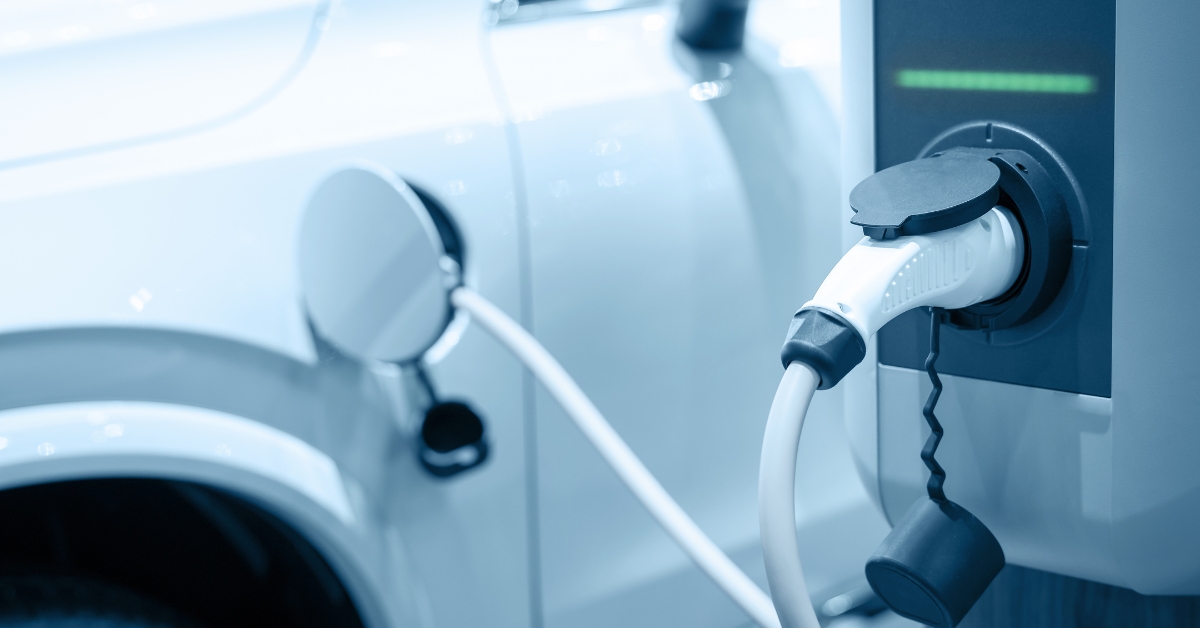
Electric School Buses Are Unreliable, Cost Up to 4x as Much as Diesel Buses
The ambitious push towards electrification of school bus fleets in New York, as part of the broader green energy transition, has run into practical roadblocks that underscore the precipitous nature of such mandates. Recently, the Bethlehem Central School District experienced a setback when one of its electric buses was incapacitated by a mere pothole, highlighting the fragility and unreliability of this new technology. Furthermore, five of the district’s seven electric buses have been out of service in recent weeks, and the buses are only three years old. This situation is not isolated; across the nation, from Winthrop, Maine, to major cities like Philadelphia, electric buses have been plagued by failures, including power steering and braking losses, leading to safety concerns and operational disruptions.
Despite these glaring issues, Governor Kathy Hochul’s administration is forging ahead with a mandate that requires all new school buses purchased by districts starting in 2027 to be electric, aiming for a completely electrified fleet of tens of thousands of buses by 2035. This directive comes with a hefty price tag, projected at $20 billion, a burden that will inevitably fall on the shoulders of taxpayers. While diesel buses cost around $100,000 to $150,000, electric buses cost between $300,000 and $400,000 — two to four times more than diesel buses. The significant cost differential between traditional diesel buses and their electric counterparts, coupled with the emerging evidence of electric buses’ operational challenges, raises serious questions about the feasibility and wisdom of this rushed transition.
Critics, including Republican Sen. George Borrello, have rightly called for a reevaluation of this strategy, advocating for a more balanced approach that includes pilot programs to assess the performance of electric buses across different district types. The current predicament reflects a broader issue with the green energy agenda: the tendency to prioritize ideological goals over practical, economically viable solutions.
Furthermore, the reliability concerns associated with electric buses, which have a reported failure rate of about 20 percent, starkly contrast with much more dependable diesel buses, which have a failure rate of one to two percent. The implications of a 20 percent failure rate on school transportation logistics and student safety cannot be overstated. It’s not just about the inconvenience of delayed repairs; it’s about the potential risk to students and the operational chaos for school districts.
The enthusiasm for electric buses, driven by climate change hysteria, overlooks the substantial challenges of implementing this technology at scale. Issues such as the need for robust charging infrastructure, the impact on the electric grid, and the training required for maintenance staff are yet to be adequately addressed. As school districts like Bethlehem navigate these uncharted waters, the pitfalls of being early adopters of first-generation technology become increasingly evident.
As more districts encounter the practical realities of electric bus operations, the debate over the electrification mandate is likely to intensify. The experiences of school districts across New York and the country serve as a cautionary tale, urging a reconsideration of the pace and approach to transitioning school bus fleets. Without a pragmatic assessment of costs, benefits, and readiness, the move towards electric buses risks becoming another policy marred by premature implementation and unforeseen consequences.











